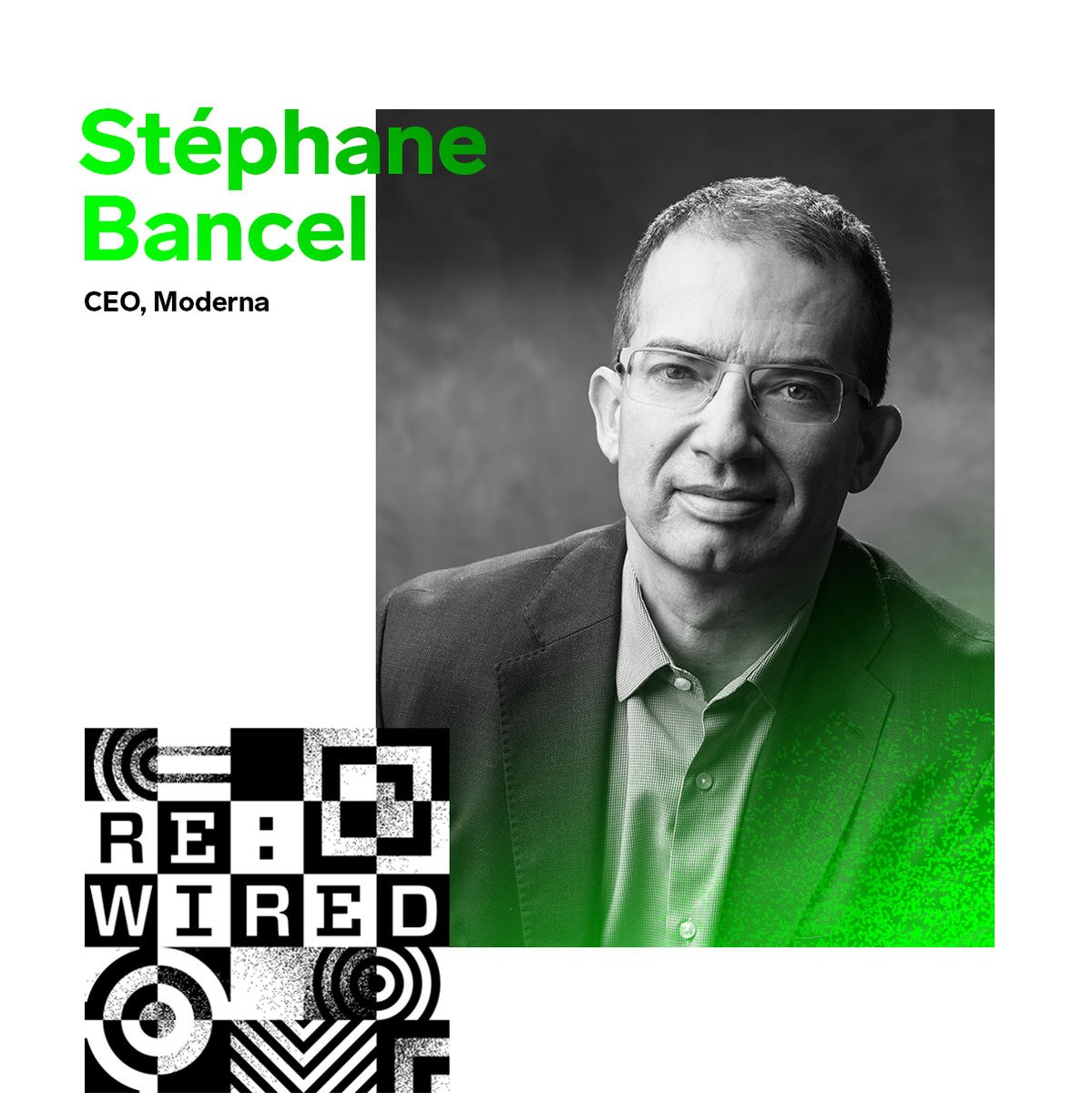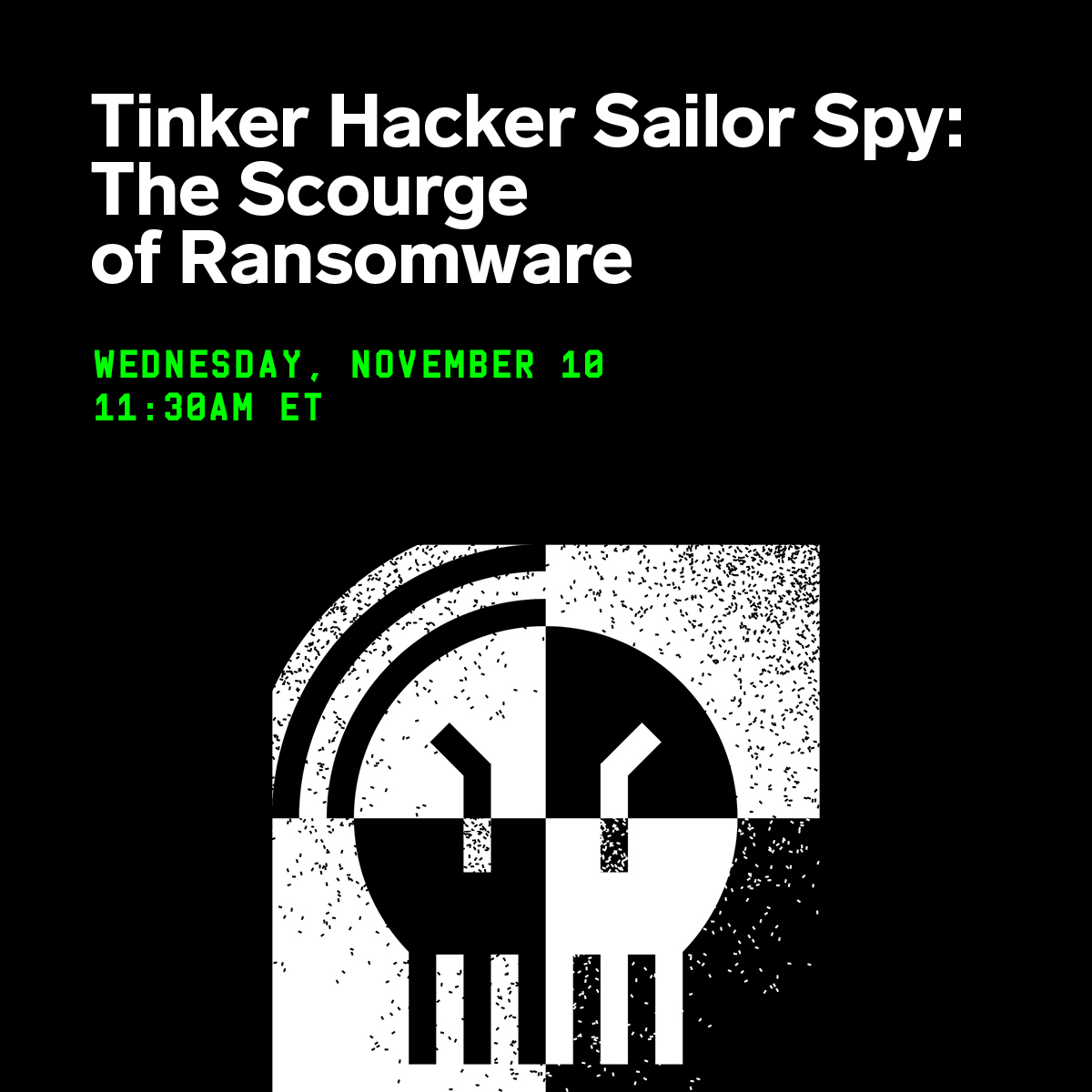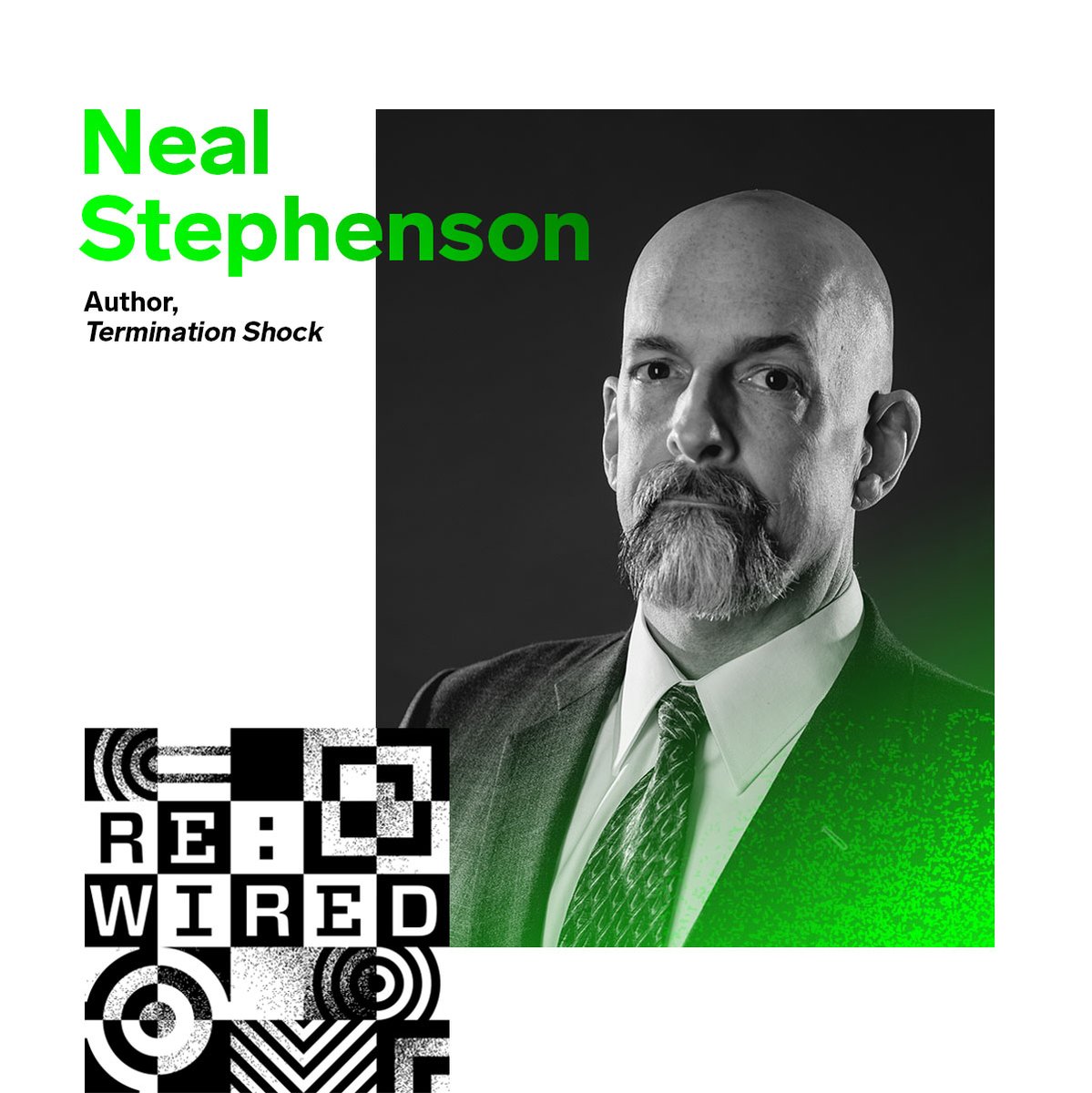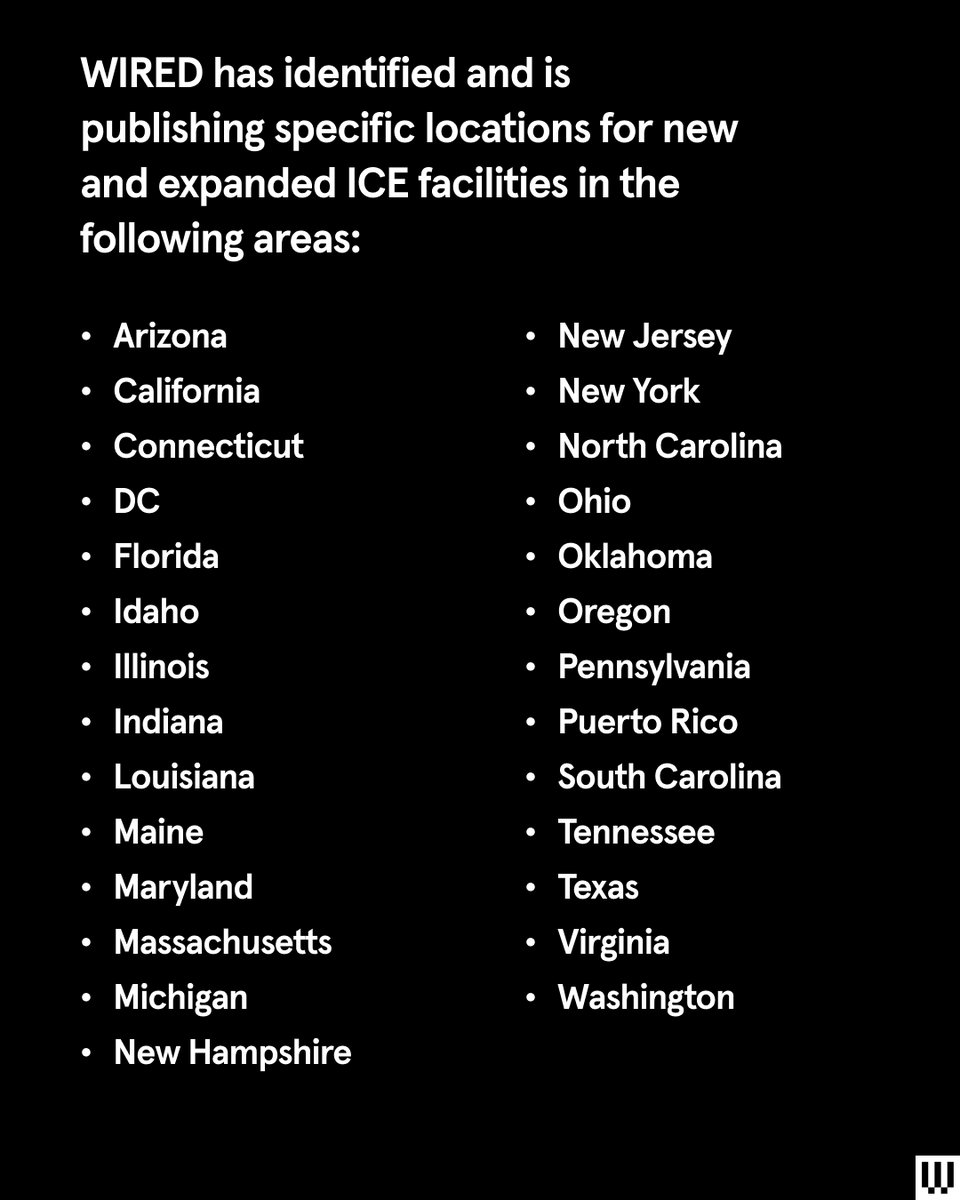Day 2 of RE:WIRED kicks off at 9:30AM EST with a riveting panel about a topic that has dominated our lives over the last two years: MRNA vaccines. Join us live, and follow this thread for updates on the day: wired.trib.al/nQxYNxE #REWIRED2021 







Day 2 of RE:WIRED is LIVE! Watch with us (for free!) right here, or look out for updates on this thread below: wired.trib.al/nQxYNxE #REWIRED2021
"We somehow think the humanity of those who haven't received the vaccine is somehow less than ours," says Dr. Nahid Bhadelia. "There are still some parts of the world where only 5% of people are vaccinated."
wired.trib.al/XlxzwTV #REWIRED2021
wired.trib.al/XlxzwTV #REWIRED2021

"Moderna had 800 people and had never made a product before the pandemic," says CEO Stephane Bancel. Bancel says manufacturing was the biggest challenge, as the production need was 10,000 times what was normal.
wired.trib.al/XlxzwTV #REWIRED2021
wired.trib.al/XlxzwTV #REWIRED2021

"You can have a silver bullet, but if you can't get it to the rest of the world you're not going to change our destiny when it comes to ending these pandemics." -Dr. Nahid Bhadelia
wired.trib.al/XlxzwTV #REWIRED2021
wired.trib.al/XlxzwTV #REWIRED2021

When it comes to misinformation, "I don't think Moderna alone can fix this issue," says Bancel. "We are all fighting the same enemy, it's the virus. We have to work together."
wired.trib.al/XlxzwTV #REWIRED2021
wired.trib.al/XlxzwTV #REWIRED2021

Our sessions with @beeple is beginning now. Tune in live (for free!) or follow this thread for updates: wired.trib.al/wmPpnQJ #REWIRED2021 





Beeple explains digital art as "almost a subscription to art," in that it is ever-changing. "They are buying continual access to me updating this piece."
wired.trib.al/wmPpnQJ #REWIRED2021
wired.trib.al/wmPpnQJ #REWIRED2021

Beeple reminds that many mediums of art—photography, graffiti, etc—weren't considered art to begin with. He believes NFTs are in that space now. wired.trib.al/wmPpnQJ #REWIRED2021 

Up Next: The new director of the US government's civilian cyber defense agency @CISAJen discusses bad actors online and cybersecurity with @vermontgmg. Watch live: wired.trib.al/jvPZKzF #REWIRED2021 





"We have to do things differently. The statusquo is unacceptable," says @CISAJen, talking about the effort to include hackers in government cybersecurity. "I'm hoping to ignite that hacker community. Partner with us, and bring it on."
wired.trib.al/jvPZKzF #REWIRED2021
wired.trib.al/jvPZKzF #REWIRED2021

"The most important infrastructure is our cognitive infrastructure," says @CISAJen. "Building that resilience to misinformation and disinformation is so important."
wired.trib.al/jvPZKzF #REWIRED2021
wired.trib.al/jvPZKzF #REWIRED2021

Next up: Sci-Fi writer @nealstephenson sits down with WIRED's @jetjocko to chat about the existential threats the world faces, and what to do about them. Watch live here: wired.trib.al/Vu7lrI5 #REWIRED2021 





Neal Stephenson describes the efforts to fix climate change as a "tourniquet for a grievously wounded limb," and says things may get worse before they get better.
wired.trib.al/Vu7lrI5 #REWIRED2021
wired.trib.al/Vu7lrI5 #REWIRED2021

"The expectation people have is if a big thing needs to be done, a billionaire needs to step in and handle it for us," says Stephenson. "That's new."
wired.trib.al/Vu7lrI5 #REWIRED2021
wired.trib.al/Vu7lrI5 #REWIRED2021

Still more sessions to come in #REWIRED2021. See the agenda and sign up here: re.wired.com/c/re-wired-age…
Strap in for another #REWIRED2021 session coming at 4PM EST as John Cho and André Nemec speak with our own @cecianasta to take a behind the scenes look at Netflix's 'Cowboy Bebop' live-action rendition: wired.trib.al/QOF7lIj 







The last #REWIRED2021 session is about to start with @JohnTheCho and André Nemec discussing #CowboyBebop. Watch live here: wired.trib.al/QOF7lIj
.@JohnTheCho says the toughest part of trying to encapsulate this anime character for #CowboyBebop was the actual physicality and the martial arts. One of the tougher scenes he filmed was one where he was practicing on a dummy.
wired.trib.al/QOF7lIj #REWIRED2021
wired.trib.al/QOF7lIj #REWIRED2021

"I think that we would take ham sandwiches to outer space with us," says André Nemec, while detailing how even a futuristic world would likely carry parts of our old world with it.
wired.trib.al/QOF7lIj #REWIRED2021
wired.trib.al/QOF7lIj #REWIRED2021

That's it from #REWIRED2021! Check back on wired.com for more stories on the sessions, and thank you to all who attended!
• • •
Missing some Tweet in this thread? You can try to
force a refresh





